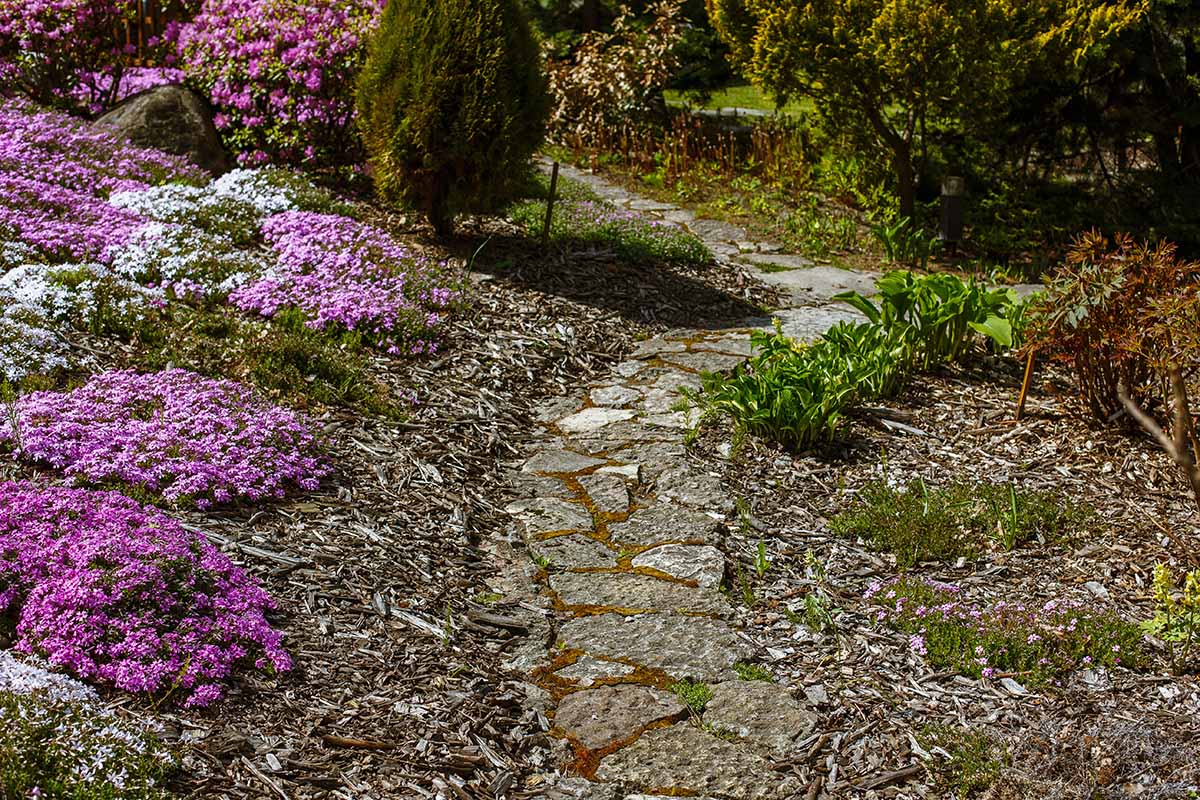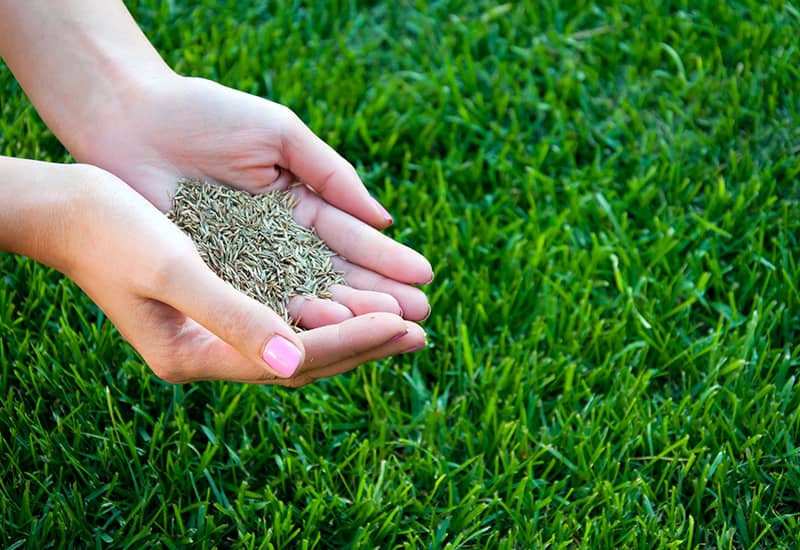Introduction: The Importance of Landscaping
Landscaping is more than just planting flowers or mowing lawns. It involves a combination of art, science, and practical knowledge to create aesthetically pleasing and functional outdoor spaces. Whether for residential homes, commercial properties, or public areas, professional landscapers play a crucial role in maintaining and enhancing the natural environment around us.
- Introduction: The Importance of Landscaping
- Understanding the Role of a Landscaper
- Core Services Offered by Landscapers
- Daily Tasks and Responsibilities of Landscapers
- Professional Landscaping Duties
- Factors Influencing Landscaping Costs
- How to Choose the Right Landscaping Service
- Benefits of Hiring Professional Landscapers
- FAQs About Landscaping Services
- Related Landscaping Tips
- Conclusion & Call-to-Action
Homeowners, business owners, and gardening enthusiasts often ask, “What do landscapers do?” This question is important because understanding their roles can help you hire the right professional, plan budgets, and maintain your outdoor spaces effectively.
Landscapers are not only responsible for the visual appeal of your property—they also contribute to the health of your plants, the safety of your outdoor environment, and the long-term value of your property. This comprehensive guide will explore the services landscapers provide, their daily tasks, professional duties, cost considerations, and tips for choosing the right service.
Understanding the Role of a Landscaper
A landscaper is a skilled professional trained to plan, design, and maintain outdoor areas. They combine horticultural knowledge, technical skills, and creative design to improve both functionality and aesthetics.
Why Landscapers Are Essential
- Enhance curb appeal and property value.
- Ensure plant health through proper care and maintenance.
- Create functional outdoor spaces such as patios, walkways, and gardens.
- Provide sustainable solutions for water conservation and soil management.
Landscapers are trained to identify soil types, plant species, and environmental conditions to ensure that the outdoor space thrives throughout the seasons. They can transform a bare yard into a lush, vibrant environment that is both practical and visually appealing.
Core Services Offered by Landscapers
Professional landscapers provide a wide range of services to meet the needs of residential and commercial clients. These services can be broadly categorized into several areas:
1. Lawn Care and Maintenance
- Mowing, trimming, and edging grass.
- Fertilization and soil testing.
- Weed, pest, and disease control.
- Aeration and overseeding for healthy growth.
2. Garden Design and Installation
- Selection of plants suitable for soil, climate, and light conditions.
- Flower bed creation and plant arrangements.
- Seasonal planting to ensure year-round beauty.
- Incorporation of native plants to support local ecosystems.
3. Hardscaping Services
- Construction of patios, walkways, retaining walls, and decks.
- Installation of stone, brick, or concrete features.
- Design of outdoor kitchens, seating areas, and fire pits.
4. Irrigation and Water Management
- Installation and maintenance of sprinkler systems.
- Efficient water management to prevent wastage.
- Drainage solutions to avoid waterlogging and soil erosion.
5. Seasonal Clean-Up and Preparation
- Fall leaf removal and winter preparation.
- Spring cleaning, pruning, and planting.
- Mulching and composting to maintain soil fertility.
Each of these services is tailored to the specific needs of the property and its owners, ensuring optimal results and a long-lasting impact on the landscape.
Daily Tasks and Responsibilities of Landscapers
The work of a landscaper involves a combination of routine maintenance, project execution, and client interaction. Daily tasks vary depending on the size of the property, season, and type of landscaping project.
Routine Tasks
- Mowing lawns and trimming hedges.
- Pruning trees and shrubs.
- Fertilizing plants and applying pest control measures.
- Cleaning and maintaining outdoor spaces.
Project-Based Tasks
- Installing new plants, trees, or shrubs.
- Laying sod or seed for new lawns.
- Building and repairing hardscape features.
- Managing irrigation systems and water features.
Equipment Maintenance
- Checking and maintaining tools and machinery such as mowers, trimmers, and blowers.
- Ensuring all equipment is safe and functional.
- Keeping records of maintenance schedules and inventory.
Client Interaction
- Consulting with clients to understand their landscaping needs.
- Providing recommendations based on plant types, design trends, and budget.
- Offering guidance on seasonal care and maintenance.
Landscapers’ daily responsibilities require physical stamina, technical knowledge, and creative thinking to ensure that outdoor spaces remain healthy, functional, and visually appealing.
Professional Landscaping Duties
Beyond routine tasks, landscapers have professional duties that involve planning, design, and project management. These duties often include:
1. Project Planning and Design
- Assessing the property’s layout, soil type, and environmental factors.
- Creating detailed landscaping plans and visual layouts.
- Choosing appropriate plant species and materials.
2. Client Consultations
- Discussing client goals, preferences, and budget.
- Providing expert advice on plant selection, hardscape materials, and maintenance strategies.
- Presenting design concepts and revisions for client approval.
3. Site Assessments and Evaluations
- Inspecting properties for drainage issues, soil erosion, and pest problems.
- Recommending improvements or adjustments to enhance landscape health.
- Ensuring compliance with local regulations and zoning laws.
4. Supervision and Coordination
- Managing teams of landscaping laborers and specialists.
- Scheduling tasks to optimize workflow and project timelines.
- Ensuring quality control and adherence to design plans.
Professional landscapers combine horticultural expertise with project management skills to deliver high-quality results for their clients.
Factors Influencing Landscaping Costs
The cost of hiring a landscaper varies widely based on multiple factors:
1. Size and Complexity of the Project
- Larger properties require more labor, materials, and equipment.
- Complex designs with hardscaping or water features increase costs.
2. Materials and Plants
- Exotic plants, high-quality sod, or decorative stones are more expensive.
- Seasonal availability may affect the cost of certain plants.
3. Labor Costs
- Experienced landscapers may charge higher rates.
- Specialized services such as irrigation or hardscaping may require skilled labor.
4. Geographic Location
- Costs vary depending on local demand, climate, and accessibility.
- Urban areas typically have higher service rates than rural regions.
5. Maintenance vs. One-Time Projects
- Ongoing lawn care and maintenance services are billed differently than one-time installations or renovations.
Homeowners should request detailed quotes and compare services to ensure they receive value for their investment.
How to Choose the Right Landscaping Service
Choosing the right landscaper involves careful consideration of multiple factors:
1. Research and Reviews
- Look for local landscapers with positive customer reviews and testimonials.
- Check for portfolios showcasing completed projects.
2. Credentials and Experience
- Verify licenses, certifications, and professional affiliations.
- Assess experience in similar projects or property types.
3. Service Agreements and Pricing
- Review contracts carefully, including services, timelines, and payment terms.
- Compare multiple quotes to find a fair balance of quality and cost.
4. Compatibility and Communication
- Ensure the landscaper understands your vision and goals.
- Look for professionals who communicate clearly and are responsive to queries.
By selecting the right landscaper, property owners can ensure their outdoor spaces are enhanced efficiently and sustainably.
Benefits of Hiring Professional Landscapers
Hiring skilled landscapers offers numerous advantages:
- Expertise and Experience: Professional knowledge ensures healthy, thriving landscapes.
- Time and Cost Efficiency: Reduces the need for trial-and-error methods.
- Enhanced Property Value: Well-maintained landscapes improve aesthetics and market value.
- Sustainable Practices: Professionals implement eco-friendly techniques like water-efficient irrigation and native plant selection.
- Safety and Risk Reduction: Prevents accidents related to machinery, chemicals, or heavy lifting.
Professional landscapers provide not only labor but also guidance and planning, ensuring that each outdoor space achieves its full potential.
FAQs About Landscaping Services
Q1: What does a landscaper do on a daily basis?
- Landscapers mow lawns, trim hedges, prune plants, fertilize, and maintain equipment. They also manage projects and consult with clients.
Q2: How much does hiring a landscaper cost?
- Costs depend on project size, complexity, materials, and location. Lawn maintenance may range from $50–$150 per visit, while large installations can cost thousands.
Q3: Can landscapers work with existing gardens?
- Yes, they can enhance existing landscapes through pruning, planting, and redesigning garden layouts.
Q4: Are professional landscapers necessary for small yards?
- Even small yards benefit from expert advice for plant selection, pest control, and efficient maintenance.
Q5: How often should I hire a landscaper for maintenance?
- Lawn care may require weekly or bi-weekly visits, while seasonal clean-ups and pruning may be quarterly.
Q6: Do landscapers handle irrigation systems?
- Yes, many landscapers design, install, and maintain irrigation systems to ensure optimal plant health.
Q7: Can landscapers work in commercial settings?
- Absolutely, they handle office parks, public gardens, resorts, and other commercial properties.
Related Landscaping Tips
For more expert guidance on garden care, check out our Plant Growth Regulators Guide. Understanding plant growth, fertilization, and hormone management complements professional landscaping services and ensures long-lasting, healthy outdoor spaces.
Additional tips include:
- Seasonal lawn care for optimal growth.
- Mulching and soil management to retain moisture.
- Installing physical barriers to protect plants from pests.
Conclusion & Call-to-Action
Landscapers are essential for creating and maintaining beautiful, functional, and sustainable outdoor spaces. From routine lawn care





